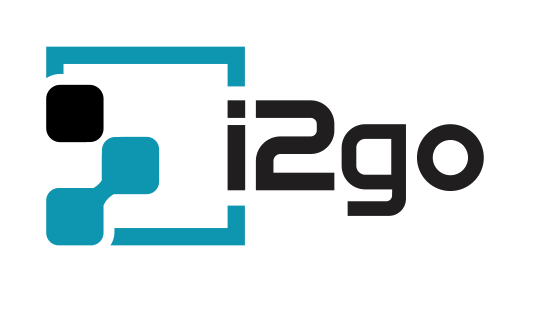
Many predicted that one of the biggest, if not the biggest, theme of 2021 in insurance
would be ecosystems. Ecosystem? A digital ecosystem describes a network of connected
technologies and applications. Within the last two years, the hype around digital
ecosystems became a reality. The shift towards more digital experiences and interaction
makes efficient digital services crucial and ecosystems necessary.
While some insurance businesses are still tied to a stiff and closed system that does not
allow them to link new approaches, revenue streams, or technologies - the industry is
changing. In this fast-changing market environment, businesses have to be as flexible as
possible not to miss opportunities or decline market share. Next to this, customer
expectations increase significantly; therefore, insurers must be prepared to commit to the
new paradigm.
Over the last year, more and more insurers became aware of opportunities for new
revenue streams and the possibilities of expanding core business. With this change,
insurers can include the most crucial or valuable modules to fit businesses requirements
instead of getting a locked system. By implementing these new modules, insurers can
optimise processes across the entire value chain.
Building a digital insurance ecosystem brings organisational and technical challenges with
it. But once an insurer settles for an API-driven foundational platform and defines clear
parameters, the multiple advantages will be worth the journey. Most importantly, insurers
have to define a clear vision for their ecosystem. To do that, insurers need to understand
the opportunities a digital ecosystem brings along.
Optimise Customer Experience
It can not be stressed enough how vital a frictionless customer experience is.
By increasing the number of touchpoints, a digital ecosystem can give insurers a great tool
to provide additional value and services to their customers. The integration of campaign
management or an engagement module can offer insurers the ability to send out bulk
messages or follow up with a specific customer group.
Improve agility and system reliability
Open digital ecosystems enable insurers to improve agility and system reliability while at
the same time innovations can be integrated and supported. This approach leads
insurance businesses to reduce their cost and work more efficiently.
By achieving modularity, it becomes easier to swap out components based on changing
requirements. This shift towards more flexible solutions also forces system providers to
improve and define their value and role for insurers more clearly. In the age of ecosystems,
we can find a more significant emphasis on scaling and maintaining partnerships with
external providers to remain competitive and drive innovation.
Data analysis
As the world circles around big data, data analytics is changing the insurance industry; data
needs to be stored and analysed. Data analysis allows insurance businesses to inspect
individual risk profiles and reduce the claim loss ratios through faster and intelligent claim
handling.
There has been a tremendous increase in data in recent times in comparison to the past
decade. New technologies make it easier for insurers to scale and visualise data sets. Soon,
there will be even more helpful usage-based data through IoT devices, making analytic
tools even more important. With an ecosystem, 3rd party providers like Power BI for
MongoDB can easily be integrated and allow insurers to refine and analyse the flood of
data.
New revenue streams
Improving the overall customer-service proposition, use of integrations and rich data
allows insurers to open new revenue streams. As customers are used to superior service
from other industries, there is no difference for insurance businesses. New interactions
allow insurers to use data to understand customers better, which enables them to offer
additional contextual value. For example, in the prevention of risks, such as car accidents
via telematic devices, IoT systems detecting unusual behaviour or AI in hospitals.
Grab the Opportunity
Digital ecosystems and the flexibility that comes with them will be the new norm. Insurance
companies that take the lead in creating an ecosystem will also be the market leader in
future. Ecosystems are not only here to solve short-term problems but to revolutionise the
insurance industry on the long run. To make a successful shift towards having a flexible
ecosystem that generates value, insurers have to invest in their technical and
organisational capabilities.
Organisational-wise the keyword here is partnership. Investment in partner-management
solid capabilities, digital support service and an agile team is vital to drive change. Despite
that, legal structures which allow linking different organisations and services are a must.
On the technology side, insurers need a flexible API-driven IT architecture to support fast
integration and offer a seamless customer experience. A platform helps insurers to
improve performance and lay a solid foundation for generating value through a digital
ecosystem.
i2go
An insurance Platform as a Service, like i2go, allows insurers to build their own insurance
ecosystem - providing them with a configurable API-driven Solution. i2go can help to
transform businesses digitally, drive new revenue, improve risk assessment, and enhance
customer engagement. Learn more about i2go and schedule a demo to talk to one of our
specialists and see our platform in action.


